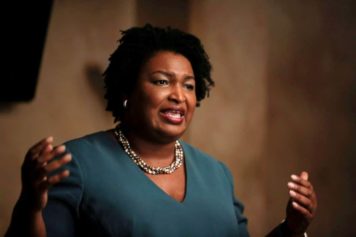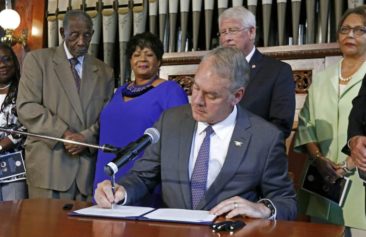In a sign of the times, the U.S. Census Bureau has decided to stop using “Negro” on census forms as one of the options for describing African-Americans.
When the Census Bureau sends out its annual American Community Survey next year to more than 3.5 million households, the only option for black people will be “black” or “African-American.”
Nicholas Jones, chief of the bureau’s racial statistics branch, told The Associated Press that after months of public feedback and research, the bureau finally concluded that few African-Americans still use the word “Negro” and many see the word as “offensive and outdated,” a remnant of segregation and the bitter divisiveness of Jim Crow.
“This is a reflection of changing times, changing vocabularies and changing understandings of what race means in this country,” Matthew Snipp, a sociology professor at Stanford University, who writes frequently on race and ethnicity, told AP. “For younger African-Americans, the term ‘Negro’ harkens back to the era when African-Americans were second-class citizens in this country.”
The words used to describe black people on the census trace the evolution of black self-identity. Beginning with “colored,” then in 1900 becoming “Negro,” which was used for most of the 1900s. Activists began to reject “Negro” in the 1960s, preferring “black” instead.
The evolution is reflected in the names of black organizations, from the National Association for the Advancement of Colored People to the United Negro College Fund to the Black Panthers.
The government considered dropping “Negro” for the 2010 census, but ultimately decided against it because a segment of mostly older blacks, particularly in the South, still identified with the term.
But after the forms were mailed and some black groups protested, Robert Groves, the Census Bureau’s director at the time, apologized and predicted the term would be dropped in future censuses.


